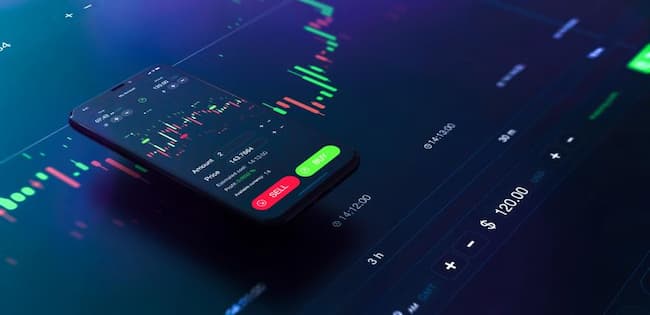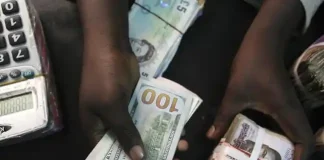In an effort to combat FX manipulation, Nigerian telecommunications providers have blocked access to the websites of cryptocurrency companies including Binance, OctaFX, Coinbase, and others.
The main goal of the country’s crypto platform restrictions is to curtail currency speculation; Binance has made it clear that their platform is not intended for currency pricing. Following customer complaints on their inability to purchase dollars, the site made this announcement.
“Furthermore, as industry leaders, we are working hand in hand with local authorities, lawmakers, and regulators to ensure we act on non-compliance,” Binance stated, reiterating its commitment to provide its users with a platform that is driven by the market and free from fraud and manipulation.
Later on Wednesday, the firm confirmed that it paused transactions to protect users from price suppression. Addressing rumours that currency speculation was thriving on its platform, the firm said, “It is important to note that foreign exchange rates are influenced by various complex factors, which Binance does not influence.
“However, we continue to actively engage with regulators, policymakers and other relevant stakeholders to foster an open, transparent dialogue about managing the evolving landscape of cryptocurrency and financial markets.”
However, in a move that began as a rumour, the Nigerian Communications Commission has asked telecom firms to block access to the websites of Binance and other cryptocurrency firms.
Blocking Dollar-Naira Exchange on Binance
Prior to the decision to impose restrictions on the platform, Binance had said that it would work with the Federal Government to prevent Nigerians from transacting in dollars using its platform.
The cryptocurrency trading platform claims that it is working with the Federal Government to prevent trades between dollars and naira on its platform by Nigerians.
This was revealed by Binance on Tuesday in a statement on its “commitment to P2P users in Nigeria.” “Users behaving in a manipulative way will be removed from the platform,” the warning said.
“As industry leaders,” Binance said, “We are working hand in hand with local authorities, lawmakers, and regulators to ensure we act on non-compliance.’’
The crypto exchange platform further said it is “setting an upper limit for ads, filtering and removing bad ads, requiring and raising deposits for merchants posting ads as well as processes for auctioning against any market manipulators.”
Binance disabled sell option for its Nigerian users on Tuesday, blocking them from selling fiat currency, USDT, on the platform. It also capped the buy option to $1802 for Nigerian users.
It also disabled purchase of cryptocurrencies via P2P for its Nigerian users, leaving those who might want to sell their crypto assets such as Bitcoin, BNB, and Ethereum via P2P stuck.
Naira continued its free fall with the exchange rate plummeting to over N1,500 and above N1,800 against the dollar at the official and parallel market respectively on Tuesday, despite efforts by the federal government to arrest the trend.
The situation is negatively impacting the country’s economy and subjecting millions to hardship owing to soaring prices of commodities. In a bid to improve liquidity, boost investors’ confidence and stabilise the Nigerian forex market, the Central Bank of Nigeria (CBN), on June 14, 2023, liberalised the naira through a free-floating policy which allows demand and supply forces to determine the value of the currency.
The decision, instead of yielding positive results, saw the country’s currency losing more value against US dollar and other foreign currencies, plunging the economy into deeper crisis and pushing more Nigerians into poverty.













